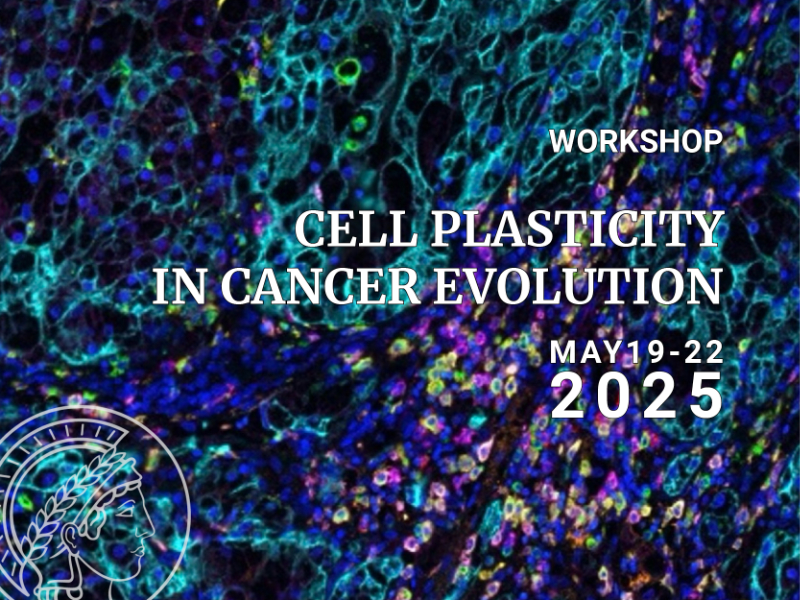Speaker
Description
Authors: B Vibishan, Paras Jain, Vedant Sharma, Kishore Hari, Jason T George, Mohit Kumar Jolly
Cancer is a heterogeneous disease and variability in drug sensitivity is widely documented across cancer types. Adaptive therapy is an emerging modality of cancer treatment that leverages this heterogeneity in drug resistance to achieve better therapeutic outcomes. Current treatments typically eliminate a large fraction of drug- sensitive cells and release drug-resistant cells from competitive inhibition, but adaptive therapy maintains some frequency of drug-sensitive cells that limit the growth of resistant cells through biotic competition. While early clinical trials of such a strategy have shown promise, optimisation of adaptive therapy is still a subject of active study. In this context, current methods largely assume cell phenotypes to remain constant, even though cell-state transitions could allow drug-sensitive and -resistant phenotypes to interchange and thus escape therapy. Here, we address this gap in the literature using a deterministic model of population growth in which sensitive and resistant cells grow under competition as well as cell-state transitions. Based on the model’s steady-state behaviour and temporal dynamics, we identify distinct balances of competition and cell-state transitions that are suitable for effective adaptive versus constant dose therapy. Our data indicate that under adaptive therapy, the frequency of fluctuations varies systematically across models with different levels of competition and cell-state transitions . Our analyses also identify key limitations of applying phenomenological models in clinical practice for therapy design and implementation, particularly when cell-state transitions are involved. These findings provide an overall perspective on the relevance of phenotypic plasticity for emerging cancer treatment strategies using population dynamics as a investigation framework.

